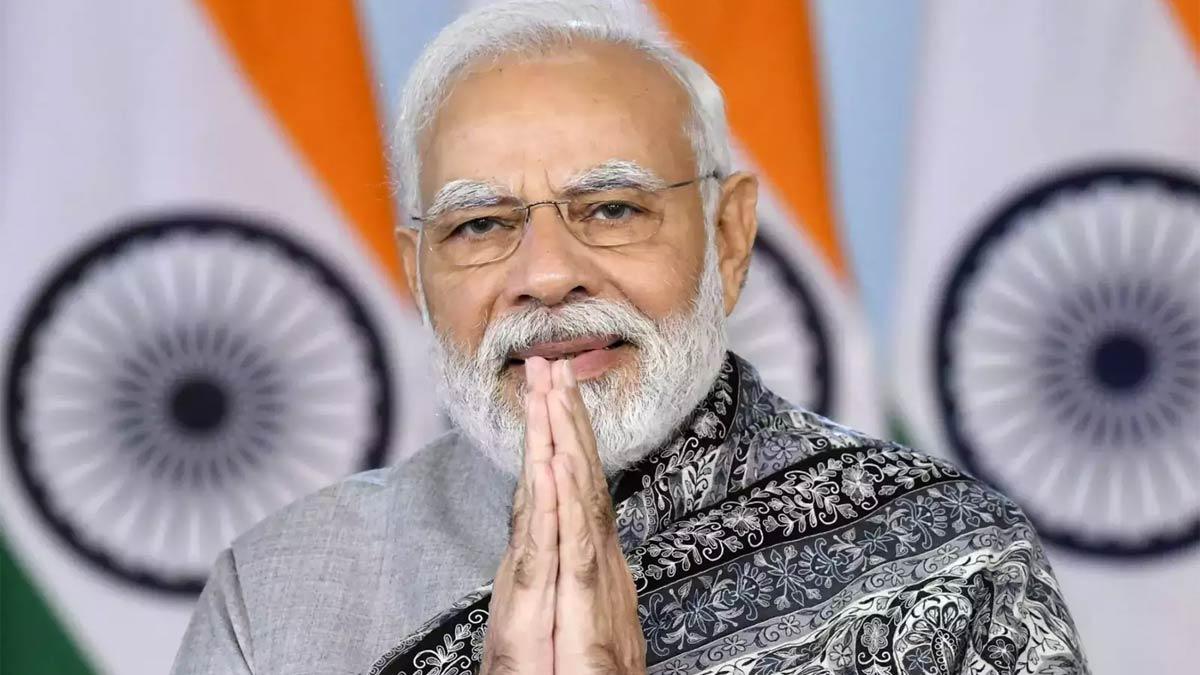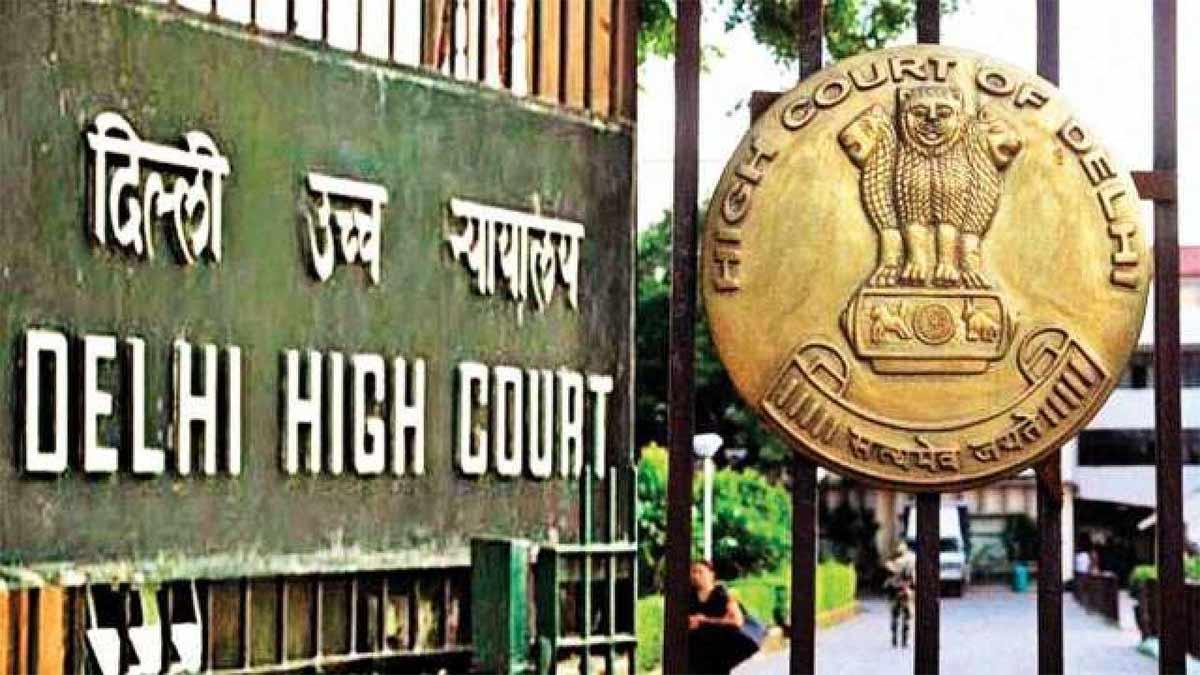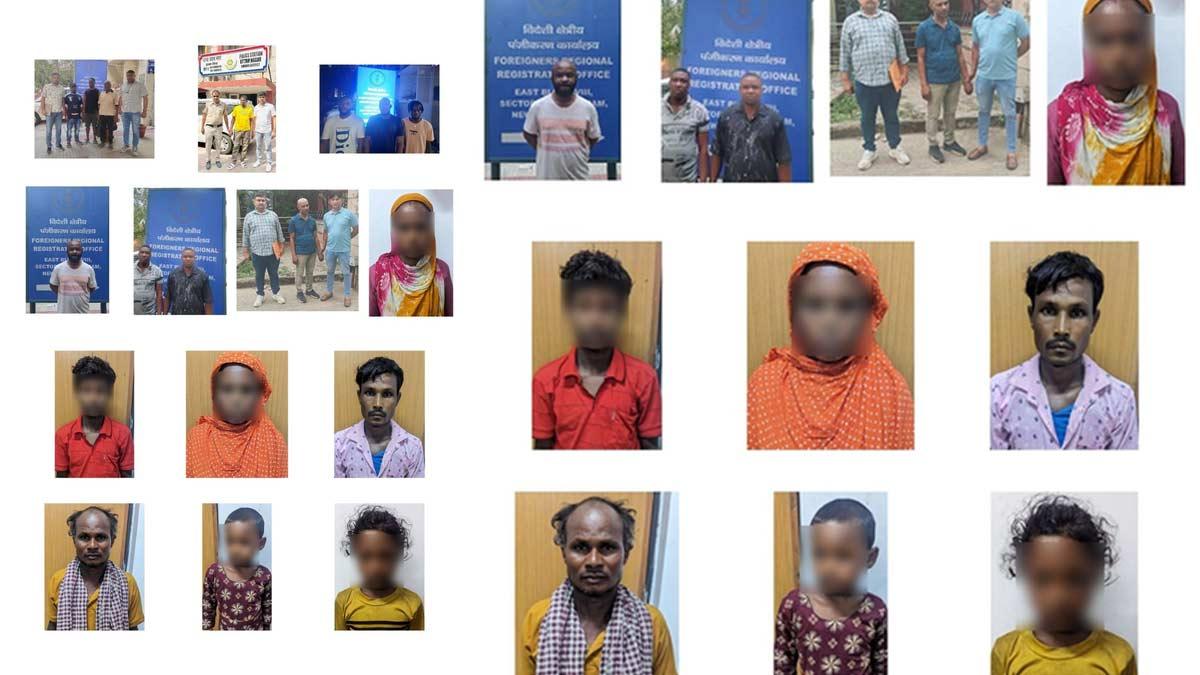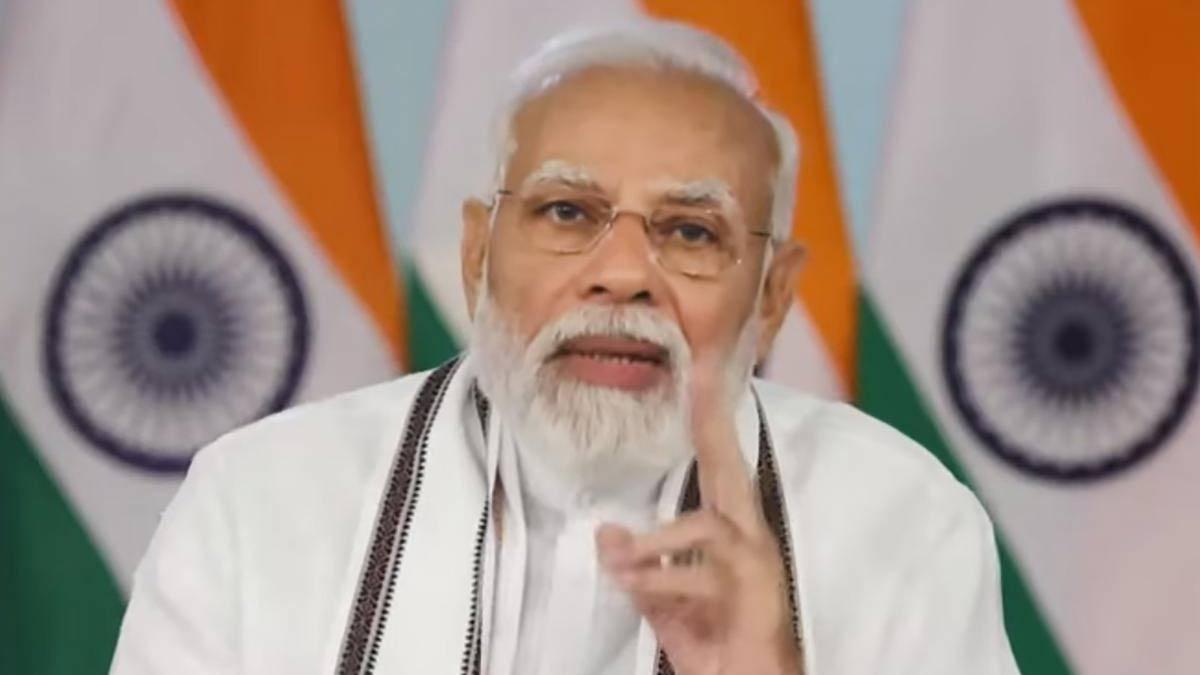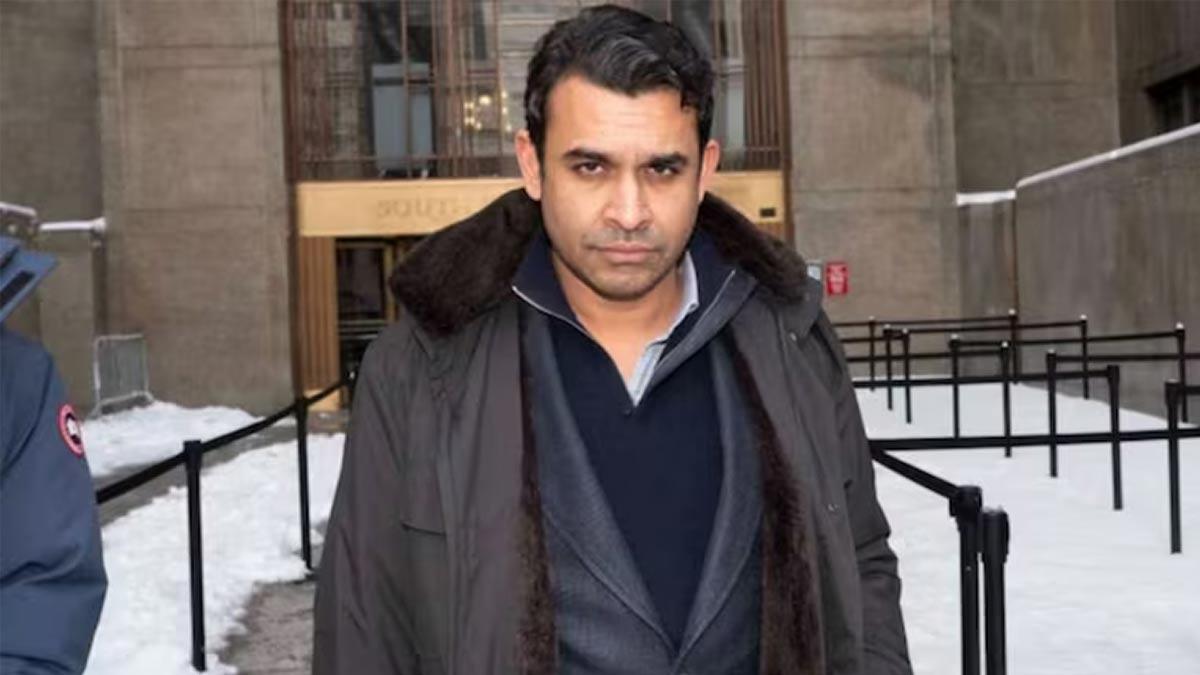On Tuesday morning, Prime Minister Narendra Modi received National Security Advisor (NSA) Ajit Doval as the tension and speculation about India's possible military response to the Pahalgam terror attack continued to rage on.
This is the second time in the last 48 hours that the Prime Minister has been warned by the NSA, a day prior to mock security exercises that are to be held by the state governments—an unprecedented action since the 1971 India-Pakistan war, with the aim of achieving "effective civil defence in the event of a hostile attack."
Prime Minister Modi, in the past few days, has been holding a series of high-level meetings with Defence Minister Rajnath Singh, NSA Doval, Chief of Defence Staff General Anil Chauhan, and the Army, Navy, and Air Force Chiefs. The series of meetings has fueled speculations that India may initiate military action against the Lashkar-e-Taiba terrorist group alleged to have carried out the attack.
Modi last week met Doval and Gen. Chauhan and gave the defence forces "complete freedom" to determine the mode, targets, and timing of India's military retaliation to the Pahalgam attack.
The April 22 Pahalgam terror strike that killed 26 people—largely civilians—was one of India's most lethal terrorist strikes after the 2019 Pulwama strike killed 40 soldiers. Resistance Front, a reported Pakistan proxy of the Lashkar, took responsibility for the Pahalgam strike.
Indian authorities also presented evidence to contend the point that Pakistan's deep state was once again behind carrying out a terror attack on India. Pakistan has rejected all involvement in the incident and requested an international probe into India's accusation.
Consequently, Islamabad wanted to gain the world's backing in the UNSC closed meeting this week. The UNSC showed however no willingness to take Pakistan's side instead demanding tough questions on the alleged involvement of Lashkar-e-Taiba as well as more on targeting civilians at Pahalgam.
Pakistan reaffirmed its dedication to "peaceful, cooperative relations with all our neighbors, including India" and invited "mutual respect and sovereign equality" during the meeting. But in retaliation since the attack, India has indulged in unrelenting and unprovoked firing on the Pakistani side of the Line of Control (LoC), a trend that has been continuing for 12 successive days. Indian forces have reciprocated in matching strength.
In its initial spate of responses, India imposed diplomatic sanctions, such as cancelling visas for Pakistani citizens and putting on hold the 65-year-old Indus Waters Treaty (IWT). Putting the IWT on hold is a significant move because the treaty guarantees sharing of water from the Indus River and its tributaries that irrigate almost 80% of Pakistani agricultural land. The IWT also prohibits India from building other storage facilities that can cut Pakistan's water supply off. With the treaty on hold, India has started developing water storage, new dams, and other hydroelectric projects, all of which may impact Pakistan's supply of water.
In response, Pakistan has cancelled Indian visas and announced the suspension of the 1972 Simla Agreement, threatening India's move on the IWT would be an "act of war." The two countries have also closed border crossings and blocked their airspaces, further ratcheting up tensions.
Even with heightened tensions, the international community remains optimistic that a non-military resolution remains achievable. United States' ex-National Security Adviser to President Donald Trump, John Bolton, said that India is "entitled to retaliate and try to neutralize terrorist threats" to its sovereignty and people. But he added that India has to set the world an example by showing the world that it has done everything it could in an effort to try and come up with a peaceful resolution of this longstanding matter.
Read also| India Restricts Water Flow to Pakistan from Baglihar Dam Amid Escalating Tensions

